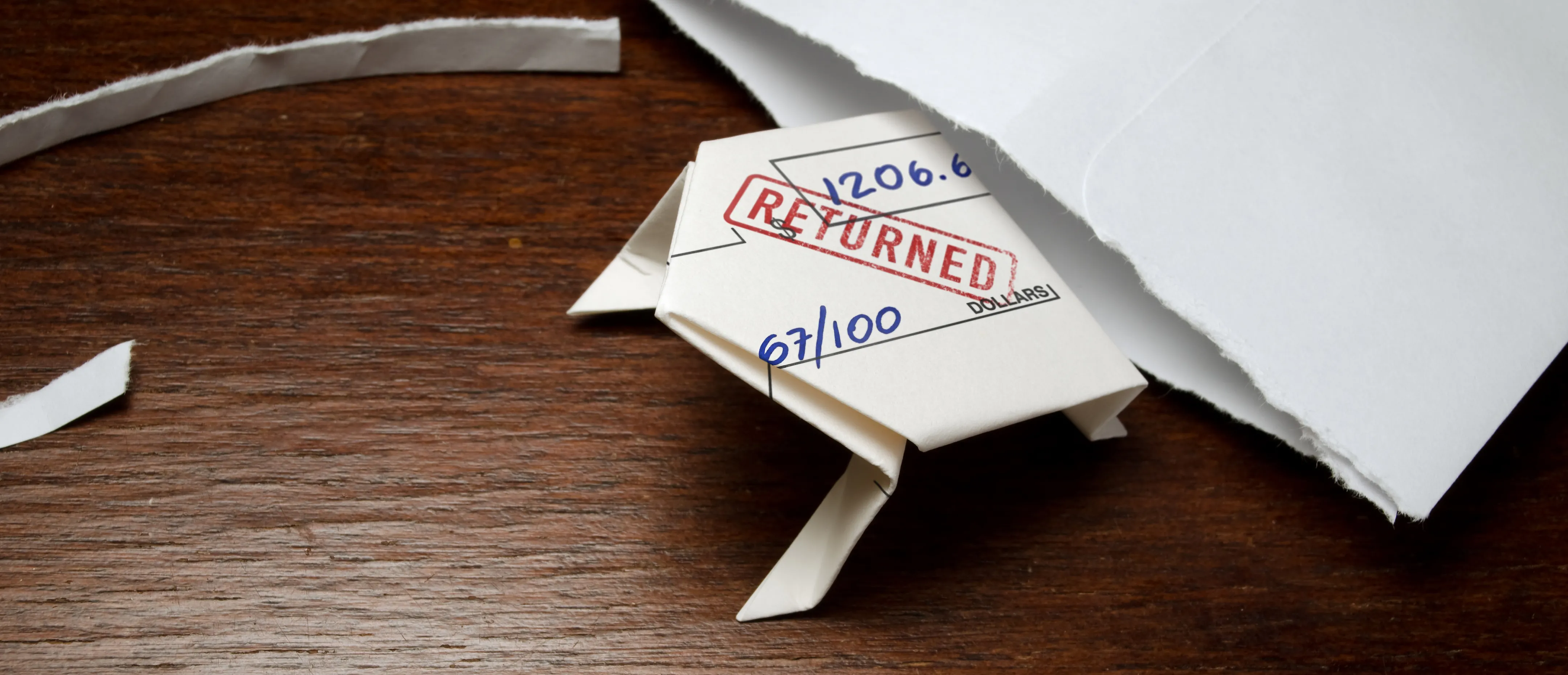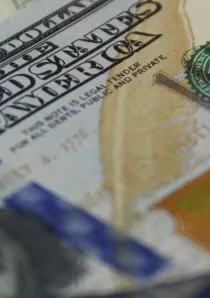How to Handle a Bounced Rent Check
There are considerable advantages to collecting rent payments via check instead of cash payments. Landlords need only consider the unfortunate instance where they happen to be robbed after receiving a cash payment. Stranger things have happened.
But, unlike cash, rent checks can occasionally be bounced, and banks have a way of collecting fees on bounced checks. When a tenant has a bounced rent check, the landlord is typically assessed an NSF charge by the bank at which it deposited (or attempted to deposit) the funds. Fortunately, for just these occasions, Illinois vests the payee (in this case, the landlord) with the right to sue the tenant for re-compensation, plus treble damages (capped at $1,500), court costs, and attorneys’ fees, after the payee (or landlord) sends the tenant a statutorily-mandated nasty-gram and gives them thirty days to make good on the original payment plus the returned check charge. While this can be lucrative and perhaps inflicts great pain on the tenant, it requires a significant investment of time and expense, and the prospective reward does not necessarily outweigh the aggravation.
The easiest way to handle a bounced rent check is to incorporate a provision into the lease that the tenant “shall pay” a fixed fee if a check is returned for insufficient funds. Courts are hostile to penalties, so the fifty bucks are there to compensate the landlord for the charges assessed by its bank and the hassle of having to notify the tenant and deal with the problem administratively. It's anything more than fifty big ones, and the landlord is probably pushing it. (Remember, the returned-check charge should be separate and apart from any late payment fee.) The lease should also include any returned-check cost in the definition of “rent,” This enables the landlord to sue for eviction if the tenant fails to pay the charge.
No doubt, if the tenant ultimately makes good on the rent, the late fee, and the returned-check charge, the landlord should be a happy camper. Nonetheless, for landlords who prefer to avoid the aggravation altogether, the lease should also include a provision specifying that if two or more checks are returned for insufficient funds during the lease term, the landlord shall have the right to demand that all future payments be made solely by cashier’s check or money order. The Domu model lease contains just such a provision.
Disclaimer: The general information that Domu provides about Chicago landlord tenant law is not intended as legal advice. Domu endeavors to provide accurate information, but the law is subject to change, and Domu is not a law firm or provider of legal services. Questions about your particular leasing situation should be directed to a lawyer.




